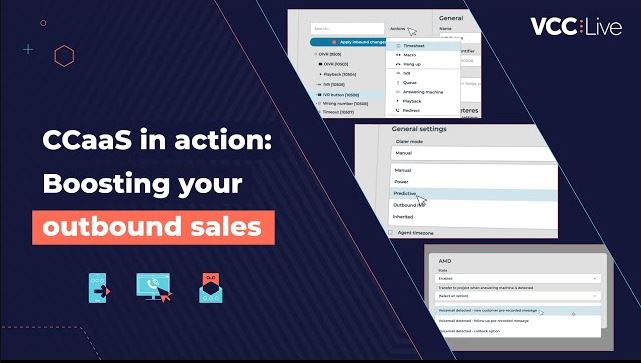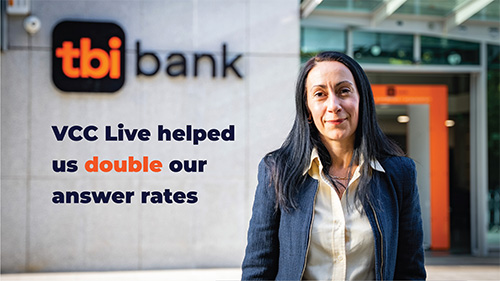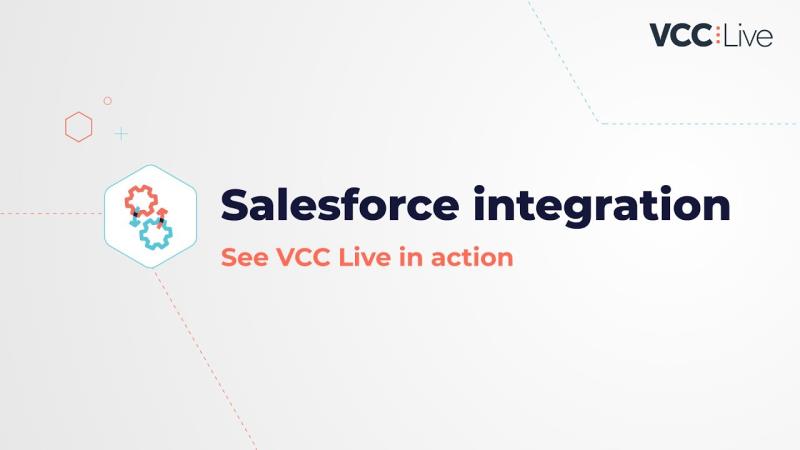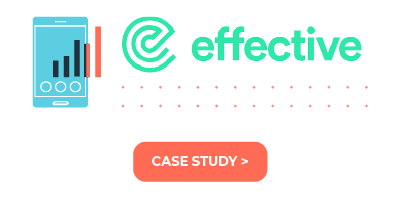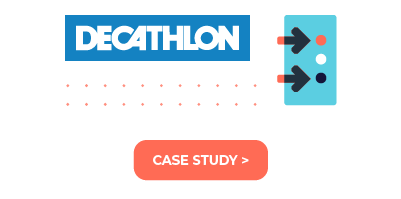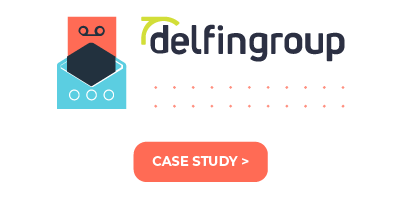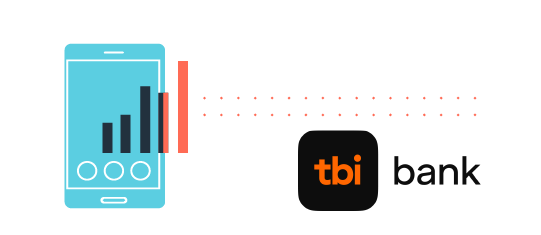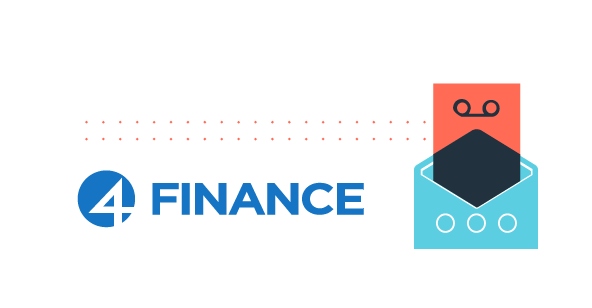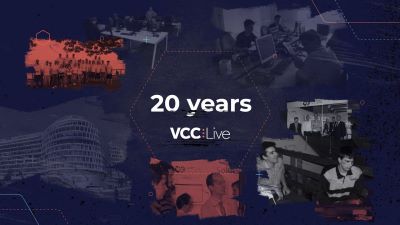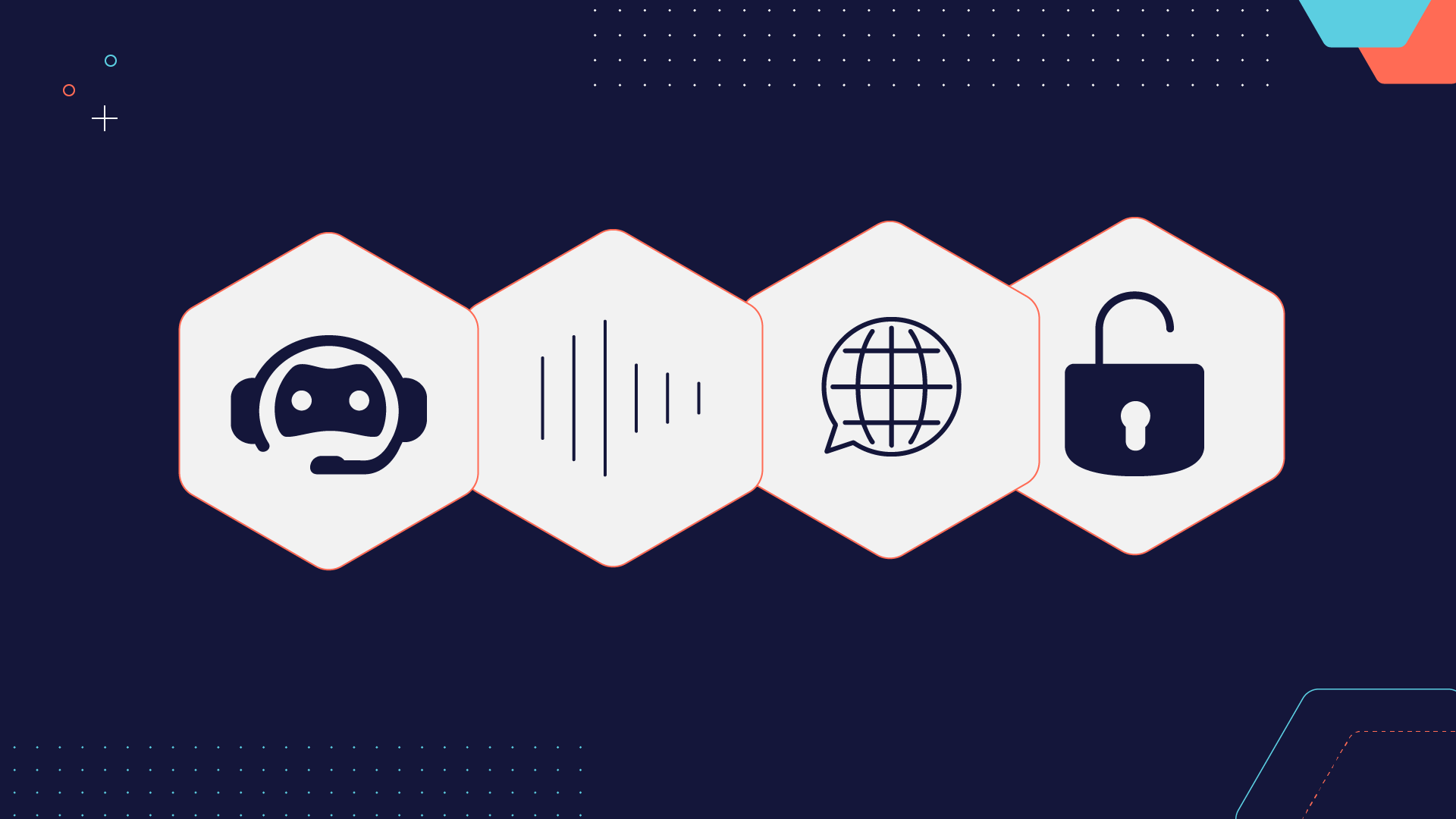There’s been a lot of buzz around newly emerging, ever-more sophisticated AI technologies that will transform our business and everyday lives.
There’s no doubt that technology is continuing to evolve at lightning speed, and it’s difficult to forecast how far it will advance in the coming years.
The most recent advancement came with Google’s announcement of its “Google Duplex” system at its 2018 developer conference. With Google Duplex, the tech giant took AI technology to a whole new level, creating artificial intelligence that can be used even without you knowing it.
But how will technologies such as Google Duplex affect our lives in the long-term? And more importantly, will they reshape the call center industry?
What is Google Duplex?
During Google’s annual developer conference, the company CEO Sundar Pichai introduced Google Duplex, the company’s latest AI technology. Google Duplex is the technology behind a new Google Assistant feature that allows it to place phone calls on a user’s behalf for appointments that need to be made over the phone.
The system makes conversations sound as natural as possible, with a human-sounding voice being used instead of a robotic one.
According to Google, this new technology is able to understand “complex sentences, fast speech, and long remarks”. Furthermore, Google Duplex is able to converse with employees and even respond to unexpected questions in real time.
The aim of developing Google Duplex was to create artificial intelligence that could make calls when it wasn’t convenient for the user. Google Assistant is already able to find local businesses and dial numbers, but Google Duplex takes things one step further: it can speak with someone at the relevant business, and make an appointment on the user’s behalf.
How does it work?
Google Duplex relies on a machine learning model drawn from real-world phone conversations. It’s no doubt that this new technology is a breakthrough in speech recognition and text-to-speech synthesis, especially in terms of conversation purpose.
As you can see in its demo video, Google Duplex sounds so natural that it can conduct conversations without anyone ever knowing they were speaking to an AI. To make the technology sound even more natural, Google mimicked people’s speech imperfections, resulting in, for example, the AI waiting a few seconds before it responses, or even saying “hmm” as it processes information.
Furthermore, Duplex also manages to master human attentiveness. In the demo, Duplex was required to reserve a table while communicating with a non-native English speaker at the other end of the phone. Despite the linguistic difficulties, the technology managed to react to unexpected questions and completed the task successfully. Amazing, right?
Will such AI technologies affect the call center industry?
It’s true that the technology behind Google Duplex sounds miraculous and very futuristic, but it does raise a number of questions, one being: how will it affect the call center industry, which typically deals with customer interactions via the phone?
As we all know, these days call centers support their customers using a variety of communication channels. And while each communication channel is extremely essential for the proper functioning of any customer service department, inbound and outbound calls remain the foremost communication channel for call centers.
So, as Google Duplex now seems capable of making phone calls and communicating as if it were a real person, it is likely to raise concerns in the call center industry. If AI is already able to make calls, how long will it take for it to learn how to receive calls? And as a result, will similar AI products take away center agents’ jobs?
At the moment it seems such a situation is far in the future. We all know that call centers handle a wide range of activities, including customer service, technical support, telesales, debt collection, surveying etc. As a result, call center agents have to be able to handle complex and varied-topic conversations with customers.
This is in complete contrast to the current capabilities of Duplex Google’s engineers themselves stated in a post that “Duplex can only carry out natural conversations after being deeply trained in such domains. It cannot carry out general conversations”.
AI technology in call centers: friend or foe?
So, what is the future for AI in the call center industry?
Over the last few decades, we have seen artificial intelligence technology advance rapidly, with ever-more sophisticated chatbots coming onto the market (if you’re into robots as as much as we are, then make sure to check out our infographic on how chatbots learned to speak!).
As we already talked about in a previous article, the concept of chatbot usage is not uncommon in the call center industry, with customer service chatbots already starting to work alongside call center agents. However, rather than stealing each other’s jobs, together they form the perfect team: chatbots carry out routine work, while call center agents focus on more complex issues.
And this, we believe, is also the future of AI technology in the call center industry. Rather than replace human call center agents, the ultimate use of AI technology in call centers will be simply to help improve overall customer experience. As chatbots have already shown they can efficiently and effectively handle repetitive and monotonous tasks, we trust that in the future, voice-powered AI technology – like Google Duplex – will also be a force working with call center agents, rather than against them.
